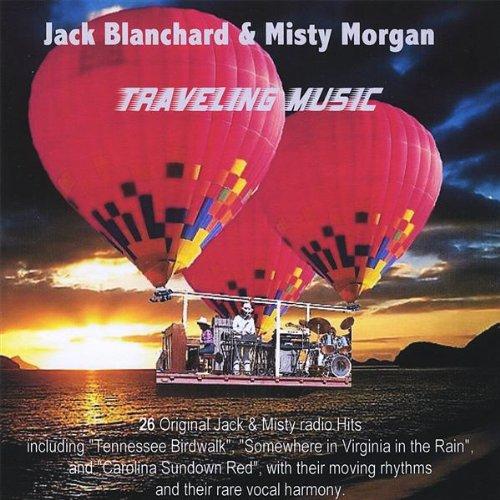
description
7A revealing new look at modernist architecture, emphasizing its diversity, complexity, and broad inventiveness "[Frampton] remains a formidable force in architecture . . . The Other Modern Movement offers an opportunity to re-examine the Western canon of 20th-century architecture--which Frampton himself was crucial in establishing--and delve deeper into the work of lesser-known practitioners."--Josephine Minutillo, Architectural Record Usually associated with Mies and Le Corbusier, the Modern Movement was instrumental in advancing new technologies of construction in architecture, including the use of glass, steel, and reinforced concrete. Renowned historian Kenneth Frampton offers a bold look at this crucial period, focusing on architects less commonly associated with the movement in order to reveal the breadth and complexity of architectural modernism. The Other Modern Movement profiles nineteen architects, each of whom consciously contributed to the evolution of a new architectural typology through a key work realized between 1922 and 1962. Frampton's account offers new insights into iconic buildings like Eileen Gray's E-1027 House in France and Richard Neutra's Kaufmann House in Palm Springs, California, as well as lesser-known works such as Antonin Raymond's Tokyo Golf Club and Alejandro de la Sota's Maravillas School Gymnasium in Madrid. Foregrounding the ways that these diverse projects employed progressive models, advanced new methods in construction techniques, and displayed a new sociocultural awareness, Frampton shines a light on the rich legacy of the Modern Movement and the enduring potential of the unfinished modernist project.
member goods
No member items were found under this heading.
listens & views

3 MOVEMENTS FROM PETROUCHKA
by STRAVINSKY / PROKOFIEV / WEBERN / BOULEZ / POLLINI
COMPACT DISCout of stock
$12.99
Return Policy
All sales are final
Shipping
No special shipping considerations available.
Shipping fees determined at checkout.






